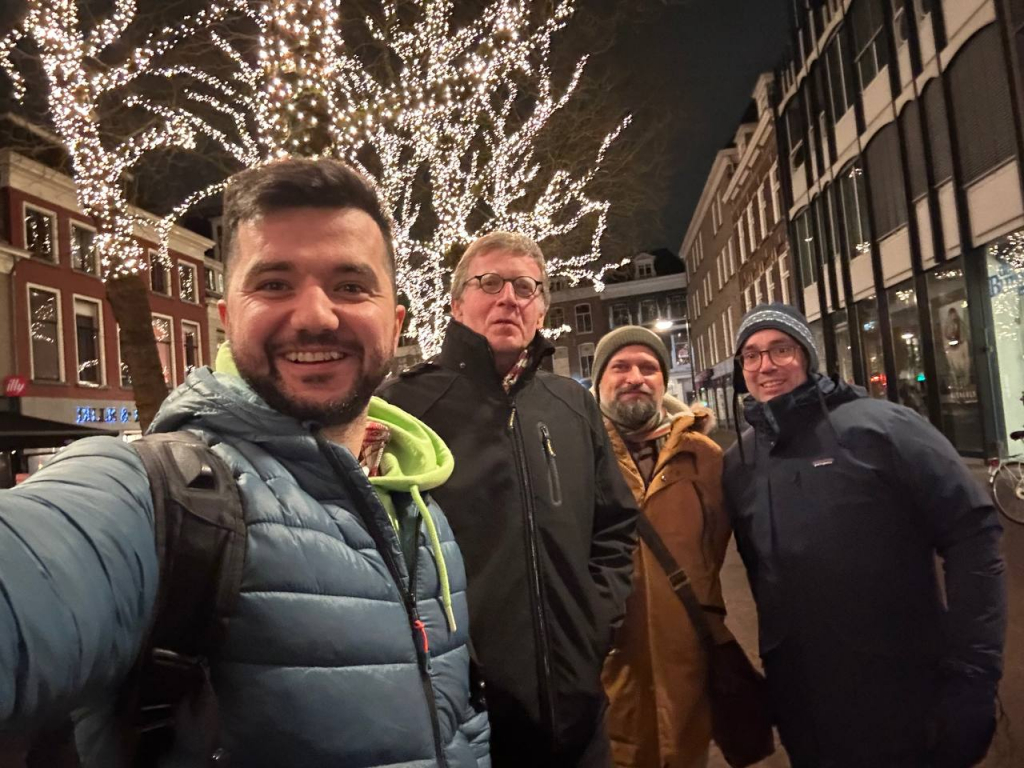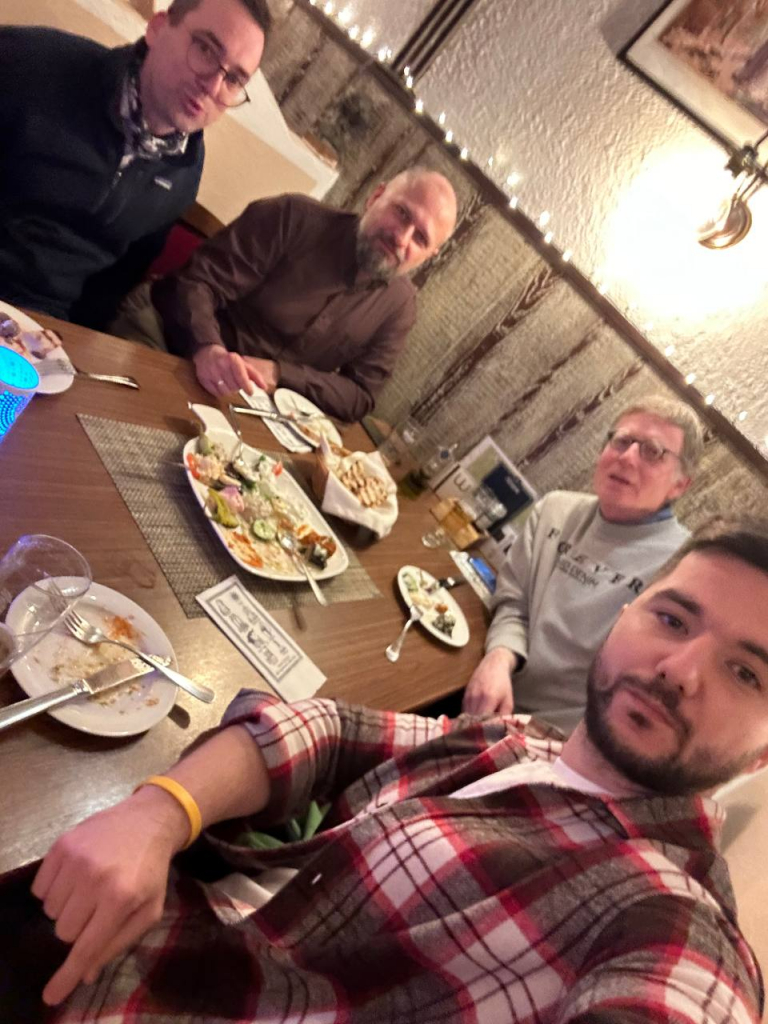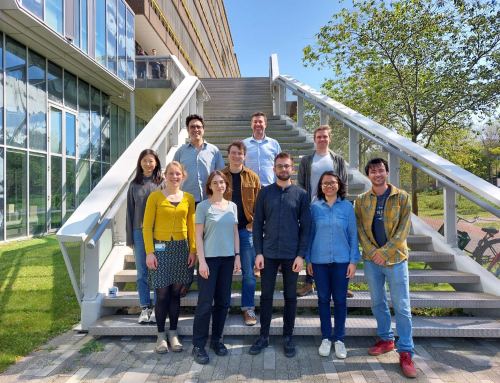Prof. Paweł Bogusławski, as part of the GATHERS project, recently embarked on a week-long visit to TU Delft, where he delved into intensive collaborative research with fellow scholars from the Netherlands. The focus of their endeavors revolved around vario-scale modeling and data representation within spatial analysis applications, particularly pertaining to risk assessment for urban infrastructure.
Concurrently, Amin Gholami, under the mentorship of Dr. Bogusławski, commenced his own six-week research visit. During this period, Gholami delved into the exploration of data structures for vario-scale representation, shedding light on the tGAP/SSC model and its limitations, particularly its inability to extend to higher dimensions.
Gholami proposed the reconstruction of the tGAP/SSC model utilizing the dual half-edge (DHE) data structure implementation, initially for 2D maps and potentially extending to 3D (4D SCC) representations. Through this approach, Gholami aimed to better understand the required operators and enhance the model’s applicability across dimensions.

The results of Gholami’s research indicated that the DHE data structure exhibited promising capabilities in reconstructing the vario-scale representation model efficiently. Notably, it demonstrated reduced processing time, facilitated the reconstruction of new maps with preserved topology, and generated outputs in vector data format.

The collaborative efforts of Prof. Bogusławski, Amin Gholami, and their fellow researchers have not only advanced understanding in vario-scale modeling but also paved the way for future enhancements and applications in spatial analysis, with implications for urban infrastructure risk assessment and beyond.
Read Amin’s impressions also here.





